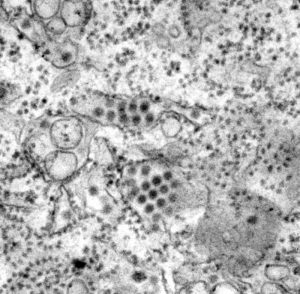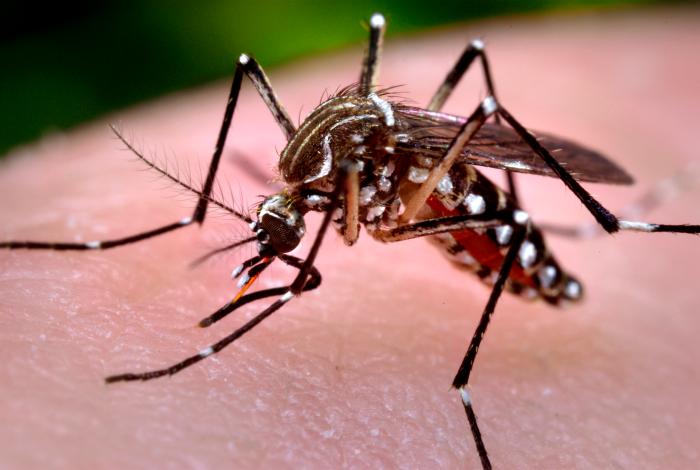Health officials in Sri Lanka are reporting nearly 16,000 dengue fever cases through the first third of 2016, with 14 dengue related fatalities to date.

Of the 15,502 cases reported in the first four months, The capital area of Colombo district has recorded the most cases to date, accounting for about a third of all cases (>5200), followed by the Gampaha, Jaffna and Kalutara districts.
In addition, Sri Lanka media report that the country is one of 10 which will participate in a dengue vaccine development study. DENVax is the second potential dengue vaccine produced in the world, which is produced by the Takeda Pharmaceutical Company.
“The development of dengue vaccines is a globally important public health initiative,” Health Services Director General Dr. Palitha Mahipala told the Sunday Times, explaining that this research collaboration between Takeda and Sri Lanka would be overseen by the Epidemiology Unit and the Dengue Control Programme.
The other countries which are part of the Phase 3 of this multi-centre Clinical Trial are Thailand, the Philippines, Vietnam, Colombia, Brazil, Panama, the Dominican Republic, Nicaragua and Peru. DENVax is said to offer protection against all four virus strains (serotypes) of dengue – DEN-1, DEN-2, DEN-3 and DEN-4.
Sanofi Pasteur’s dengue vaccine, Dengvaxia, the world’s first, has been approved by the governments of Mexico, the Philippines, Brazil and El Salvador. Only the Philippines are currently vaccinating the public with the new vaccine.
Related:
- Sri Lanka reports dengue fever increase in 2014
- El Salvador becomes the 4th country to approve dengue vaccine
- Philippines FDA approves dengue vaccine, 1st in Asia
- World’s First Dengue Vaccine, Dengvaxia, Approved in Mexico: An ‘historic milestone’


